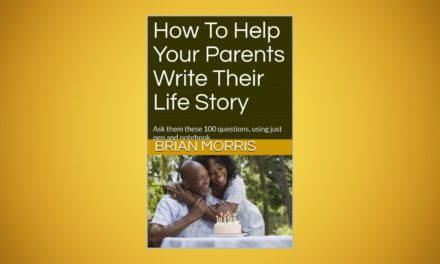10. Go Walkabout.
Don’t stay in. Get on your bike. Sit in the park. Skip the bus or train to work and walk instead. Get lost on the way out for a pint of milk or a loaf of bread. Loiter on corners. Spy on your neighbours. Read over shoulders. Listen to strangers talking.
9. Close your eyes.
Seeing is believing. Make sure your reader sees your city through your eyes – but don’t stop there. Give your reader eyes and ears, a nose and hands. Catch the atmosphere of the streets outside. Go out, close your eyes, and listen to your neighbourhood. Try it in the morning and by night. Smell your city, touch it; taste it. Make sure your reader knows your town as well as you know it yourself.
8. Don’t stop at one.
Don’t stick with one poem. Write two. Write ten. Every poem you write will make the next one stronger. Don’t just wait for inspiration. Work at it and you will get better. Look up these three kinds of poem and write one of each: haiku, free verse, sonnet. Choose the one that turns out best, then write another.
7. Read poetry.
Start with the poems of today: find five living poets you enjoy. Look for them online, in bookshops and libraries. Don’t write like anyone except yourself, but explore what poetry can do inside your head. See what works, what you like and what you don’t like. Explore.
6. Love language.
Think of your poems as music. Read your lines aloud. Treat your words like drums. Feel out currents and rhythms. Play around with rhymes and repetitions. Don’t make the music perfect unless you think your community is perfect. Echo your neighbourhood as it is.
5. What is poetry?
Ask yourself the question. Argue it with a friend. Is poetry rhythm and rhyme? What makes a poem poetry? Is there poetry elsewhere – in music, dance, painting or prose? Is there poetry in your city? If there is, then what is poetry?
4. Write what you know.
Don’t write a picture postcard. Don’t make your city nice or pretty unless you really think it is. Don’t use yesterday’s language. Don’t look for poemy words. Write what you see outside your window, and write about it using words everyone knows.
3. Write what you don’t know
Don’t stick to the facts if you don’t want to. Make things up. Fill in the gaps. Picture your city, then turn up the volume. Stories can be true even when they’re only stories, and so can poems, even if you’re using your imagination.
2. Show – don’t tell.
No one likes to be told what to do. Don’t tell your reader what to think. Show them the city on your doorstep. Describe your world, but don’t explain it. Let them work it out for themselves. Let the reader be creative too. A writer once wrote to a friend who asked him about writing: ‘Show me the glint of light on broken glass’. Find your broken glass. That’s where the best poetry is.
1. Be fresh. Be original.
Write something completely new. Give the reader something they’ve never read before. No one knows your city like you do, so be generous with it. Read all the poetry you can, but don’t write like anyone but yourself. Play around with words. Write a poem about your town that no one else could ever write.
Reproduced for educational purposes.
Do you enjoy poetry? dO YOU WANT TO CREATE YOUR COLLECTION OF POEMS?
Serious poems, fun poems, love ballads, children’s nonsense poems, all kinds of poetry. Learn how to let your own life experiences come through in the poems you write.










